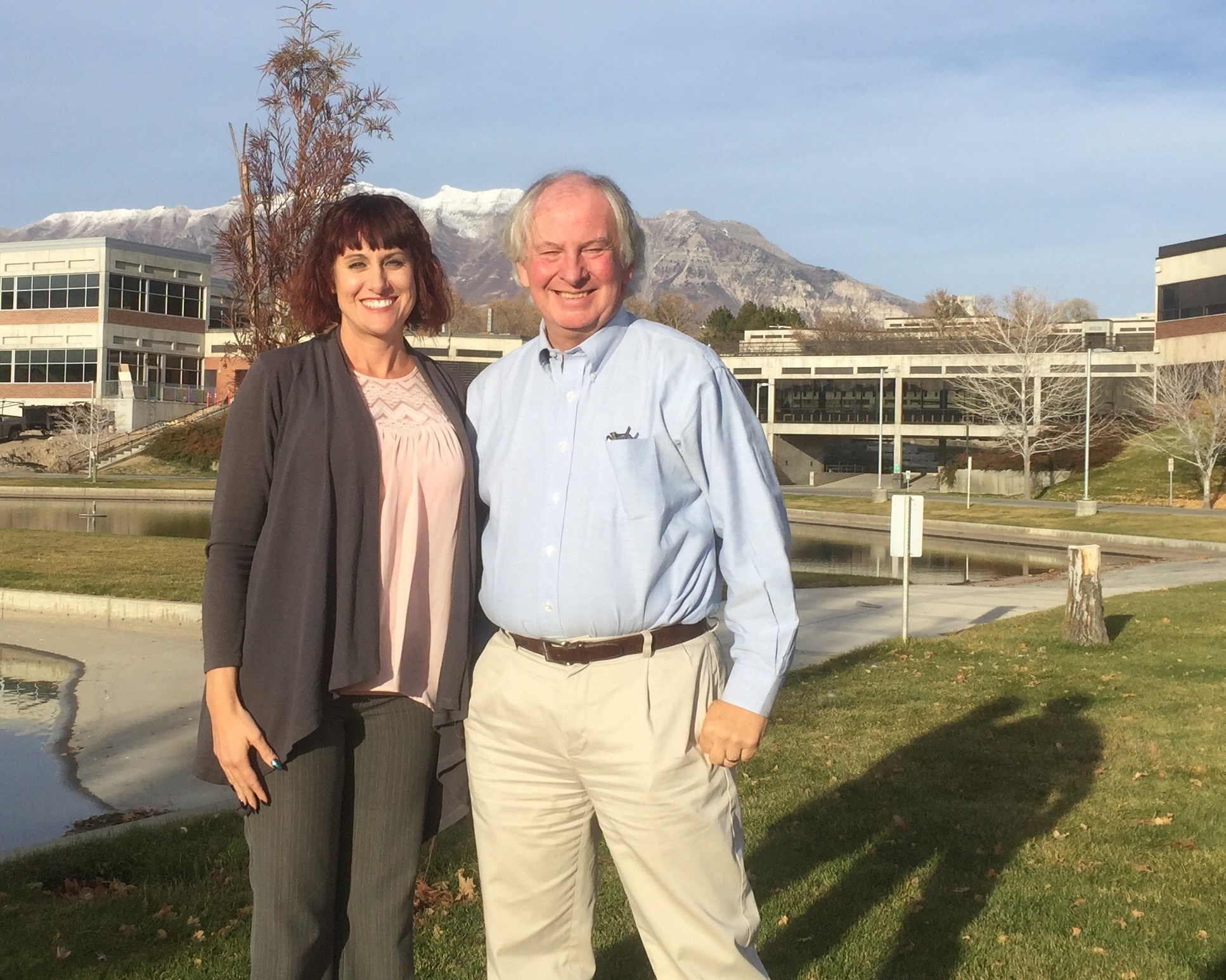
In 2015, the AARC established a goal calling for 80 percent of RTs to have, or be working toward, a bachelor’s degree by 2020. The AARC provides resources and tools to help individuals and educational programs achieve this initiative.
Individual degree advancement
Respiratory therapy degree advancement programs provide a pathway for respiratory therapists who have earned an associate degree to earn a bachelor’s degree. Respiratory therapists who have already earned a bachelor’s degree may wish to advance their degree to a master’s degree in respiratory therapy. Learn more about how and why to advance your degree.
Ready to start advancing your degree? Visit the CoARC site to find an accredited program.
Program transitioning: moving from an associate’s to a bachelor’s degree
AARC supports the movement from associate degree prepared respiratory therapists to baccalaureate degree and master’s degree prepared respiratory therapists. The profession has experienced a growth in scope, complexity of clinical skills, and diversity of care sites. Advancing the degree of the RT provides a foundation for these skills and also provides career opportunities for the RT that might not otherwise exist. Hear what program directors had to say about this transition process.
One school’s story

Utah Valley University also shared their story with the AARC on how they are transitioning to a new bachelor’s degree program in January 2018.
“Utah Valley University wanted to expand their health care offerings, so this was a perfect opportunity to increase the presence of the university,” said Program Director Max Eskelson, MsHCA, RRT, FCCP.
Awaiting accreditation
Eskelson and Director of Clinical Education Kelly Rose, MS, RRT, AE-C, have already completed the initial steps needed to earn accreditation from the Commission on Accreditation for Respiratory Care (CoARC) and are confident provisional accreditation will be issued soon.
The bachelor’s degree program will run for five semesters with no summer break. Faculty members are also currently discussing the addition of a bachelor’s degree completion component for RTs who already hold an associate’s degree.
The overall objective is to produce top notch RTs for Provo and the surrounding communities.
Medical directors on board
Eskelson said his medical directors have played a big role in getting the program off the ground.
“The program at Utah Valley University is very lucky in that we have two skilled medical directors who have a passion for respiratory care,” he said.
According to Eskelson, their exact words were: “We want to turn out highly skilled therapists — who are clinicians as opposed to technicians — to work in our intensive care units.”
Eskelson and Rose want to take it even further.
“Our plan is to graduate respiratory therapists, to not only work in the ICUs of local hospitals as high functioning clinicians but also function in telehealth, case management, and research,” Eskelson said.